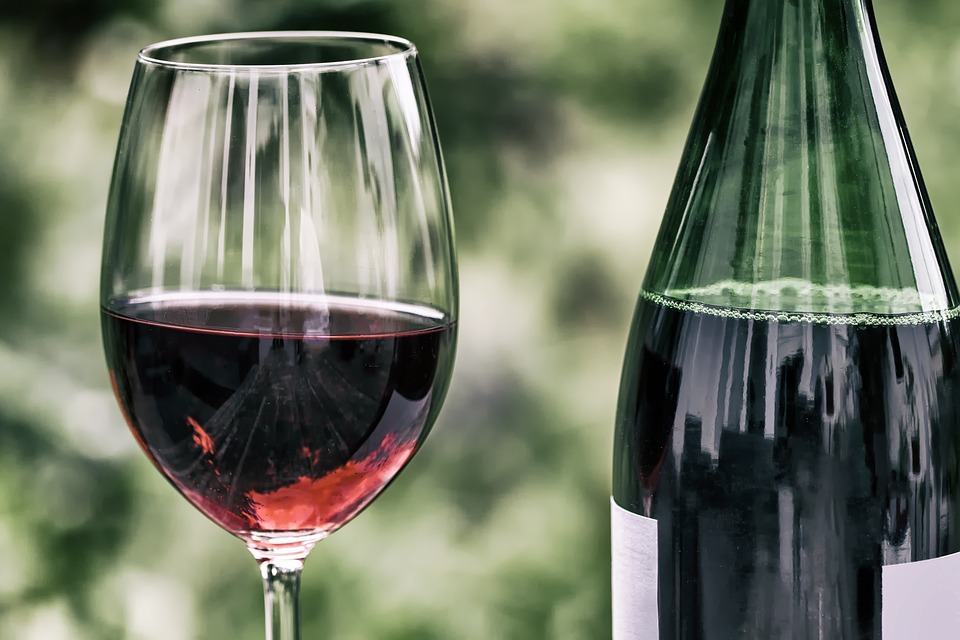
Susannah Conway, author of This I Know: Notes on Unraveling the Heart, said it best when she wrote, “Your relationship with yourself is the foundation of everything.” But what does a healthy relationship with ourselves look like? And how can we develop a good relationship with ourselves if we are unsure of what that is or what that looks like?
A good relationship with ourselves would look the same way a good relationship with anyone looks. It entails respect, kindness, awareness, fulfillment, having needs met, friendship and creating stress-free memories.Here are some ways that we can cultivate a good relationship with ourselves that will influence the relationships we have with others.
Start With Self-Care
We need to look after our physical, emotional, nutritional, environmental and spiritual needs to nourish ourselves on many level. Focusing on caring for ourselves in this most basic way establishes self-respect and healthy habits. It also sends a message of self-love to ourselves, which is the most important component of caring for oneself.
Make Time For What Is Important To You
If you feel good taking time for your first cup of coffee or browsing the bookstore to find a perfect book that uplifts or entertains you, be sure to take the time on a regular basis to give this gift to yourself and brighten your day. Whatever your favorite soothing activity is, be sure to carve out space in your schedule to allow such experiences.
Identify And Set Boundaries
The boundaries we establish for ourselves will have a great impact on the boundaries we set in our relationships. By not allowing ourselves to work too hard, play too little and spend too much, we will be looking out for ourselves as well as identifying appropriate ways to interact with others. Moderation in how we live and avoiding extremes is an ideal way to be centered and stay in that healthy zone.
Be Your Best Friend
Because a relationship with ourselves is the only relationship we can depend on having every single day of our lives, it is most important that we are our own best friends. By developing a positive, nurturing and loving relationship with the most important aspect of our lives (that is, ourselves), we build a strong foundation for all other relationships that follow.
It is often said that we continually repeat the relationship we develop with ourselves with all the other relationships we have in our lives, so it is essential that it is a caring, respectful and nourishing one.
For more information about this topic, you can access a free excerpt from the bestselling book Changing Behavior: Immediately Transform Your Relationships with Easy to Learn Proven Communication Skills by visiting www.changingbehavior.org.
FREE Whole Health Consultations available.
888-354-4325 Take charge of your health!

